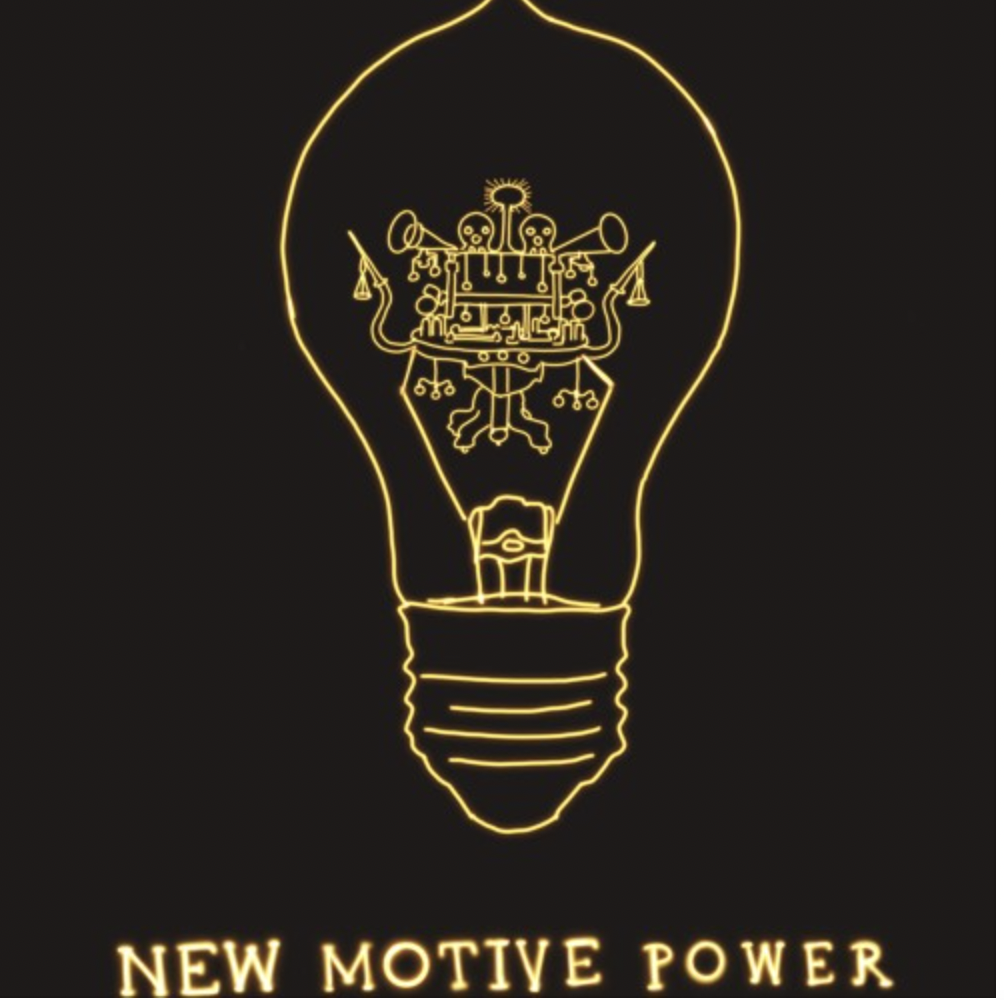• OPERA / THEATER •
Singers: Sahel Salam, Teresa Perrotta, Cecilia McKinely
Photo by Bronwen Sharp
Forever - 20’
Sop., CAlt., Ten., + 13-pc. chamber orchestra (2024)
Libretto by Melisa Tien
Eons after humans have gone extinct, a strange, chemically supercharged world remains. Perhaps all a survivor can do is try and navigate their surroundings, one toxic blast at a time. As the environmental legacy of the human species gets heftier, allow a pair of musically inclined polyfluoroalkyl substances and a hardy microorganism to paint a picture of a possible future Earth. Forever is a tragicomic opera about figuring out one’s place on a changing planet. The piece was commissioned by the Washington National Opera at the John F. Kennedy Center for Performing Arts through the American Opera Initiative.
It is a Comfort to Know - 30’
2 Sop., MSop., CAlt., Ten., Bar., + 10-pc. chamber orchestra, electronics (2022)
Libretto by Susan Bywaters
It Is a Comfort to Know was initially inspired by the social and psychological study When Prophecy Fails, published in 1956. The study follows members of a small cult after their prophesied apocalypse fails to occur. The study specifically examines the members’ coping mechanisms, and the cognitive dissonance between their beliefs and true events. In our opera, members of a death cult predict the end of the world, as foretold by their Leader. However, when that prophecy fails to deliver, they are faced with a decision: admit they are wrong, or choose to be right – no matter the cost. As some followers confront the actions and misconceptions that led them to follow their Leader, one stays, and dies for their faithfulness. The opera unfolds over a span of approximately 30 minutes and is written in four scenes, preceded by a prologue. The piece was initially commissioned by Beth Morrison Projects as part of Next Gen Cycle 2.
WATCH the full opera here.
The New Motive Power
4 Sop., 2 M. Sop., Bar., + chamber orchestra (2016 - 2019)
Libretto by Susan Bywaters
The New Motive Power is a chamber opera in three acts adapted from the life and texts of John Murray Spear (1804-1887). Spear worked as a Unitarian minister, active abolitionist, and liberal whose life’s work initiated the Spiritualist movement. In the opera and in Spear’s autobiography, Spear was visited by the “Association of Electricizers,” who instructed him to build a machine that would be the new Messiah and connect it via invisible wires.
Artwork by Jessie Ragsdale

